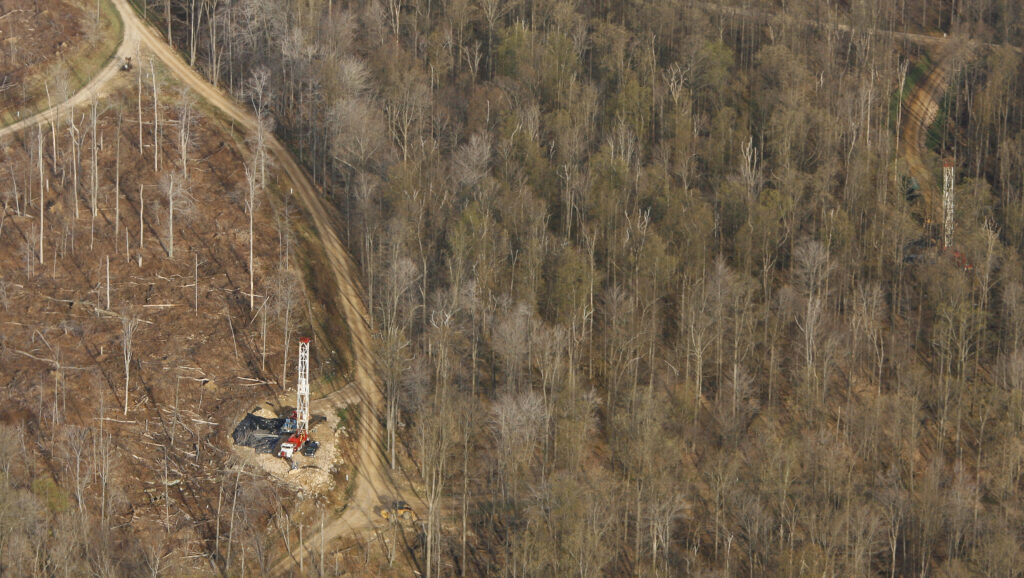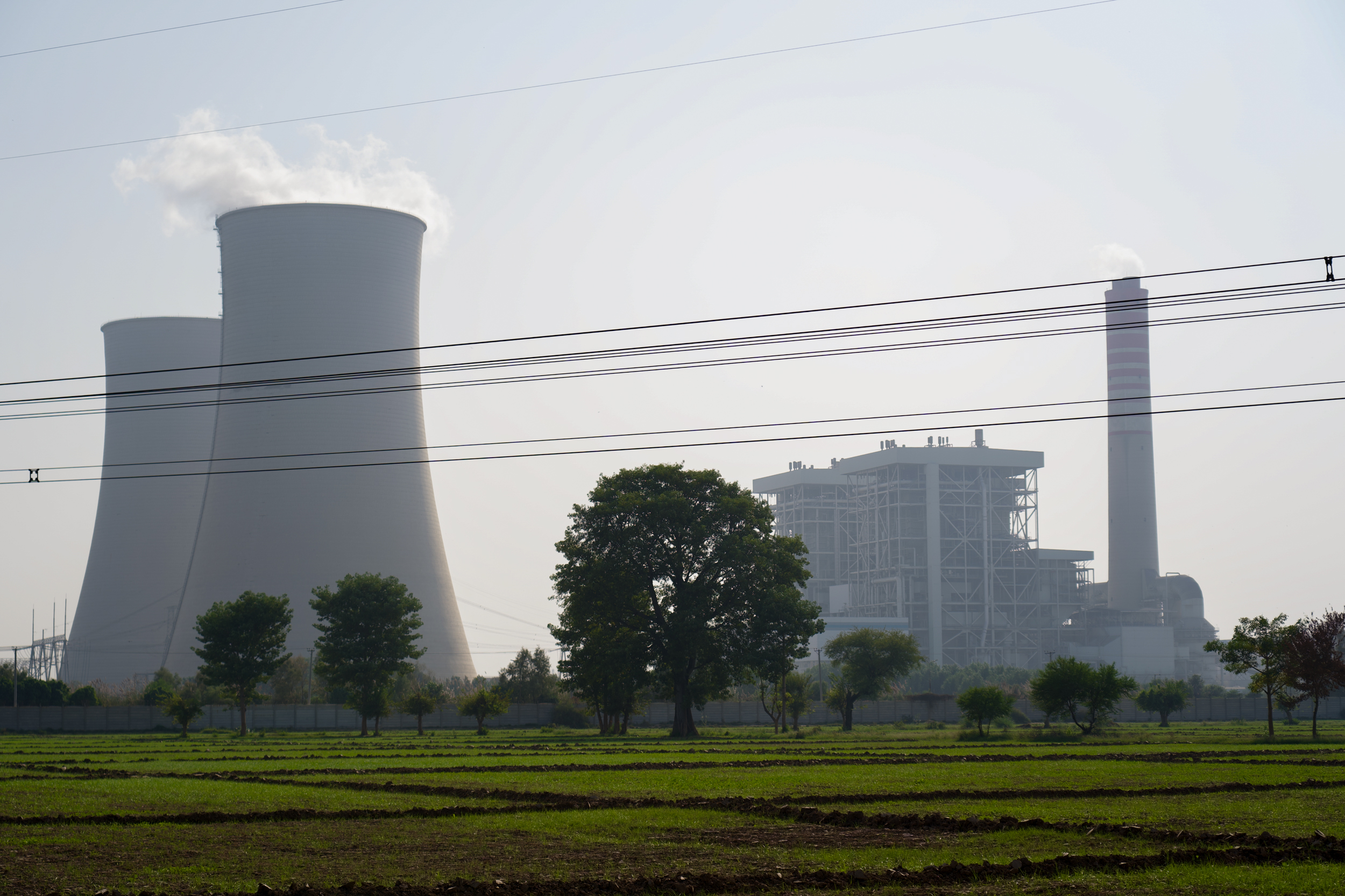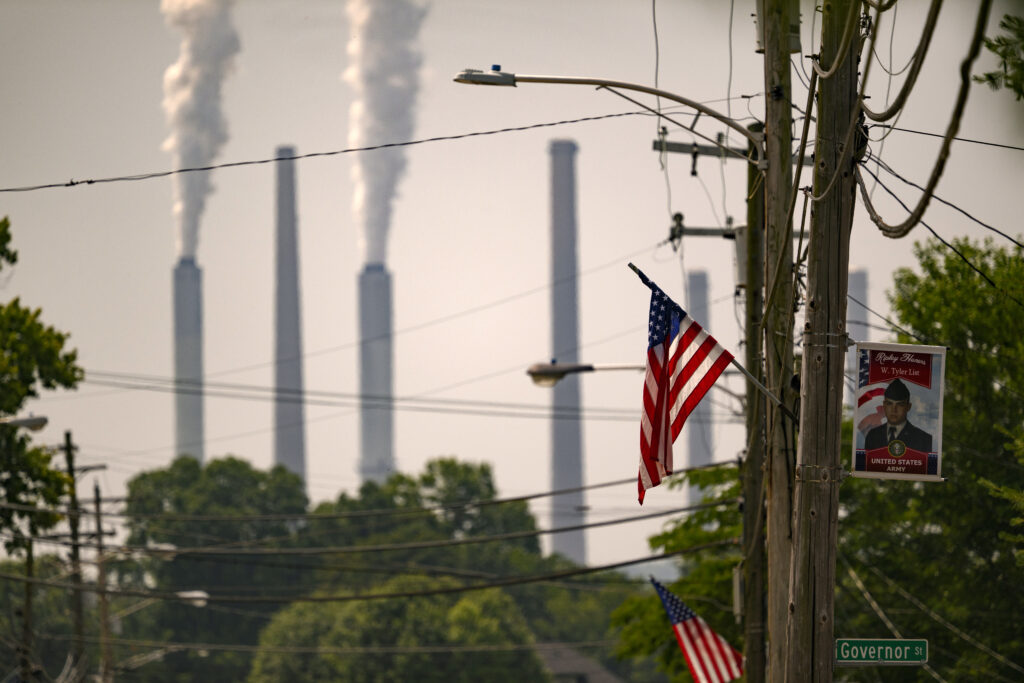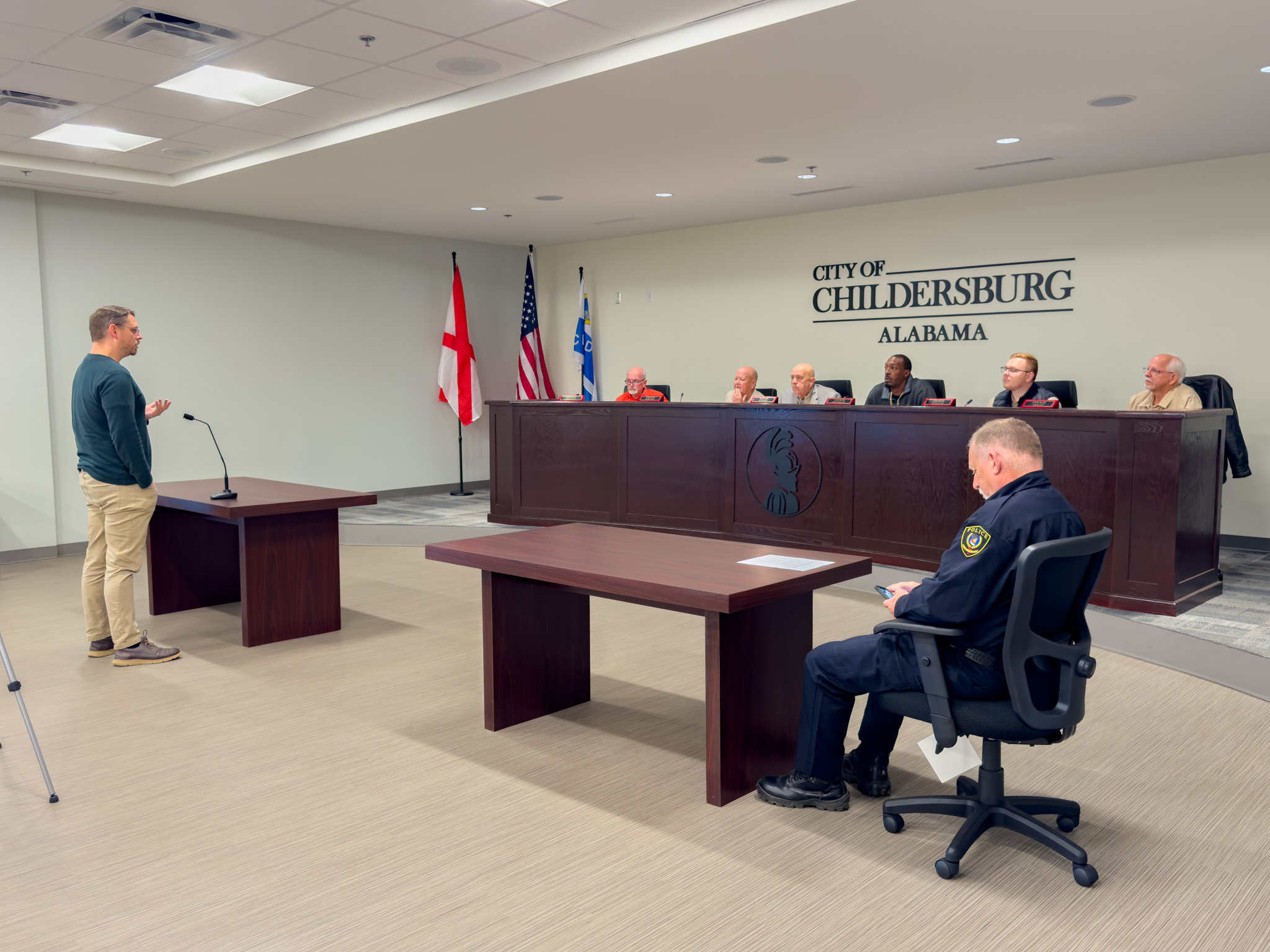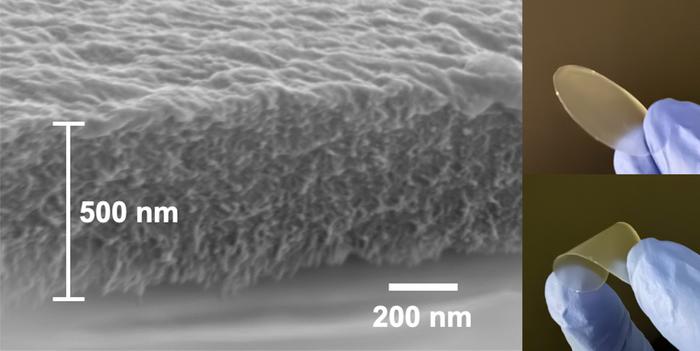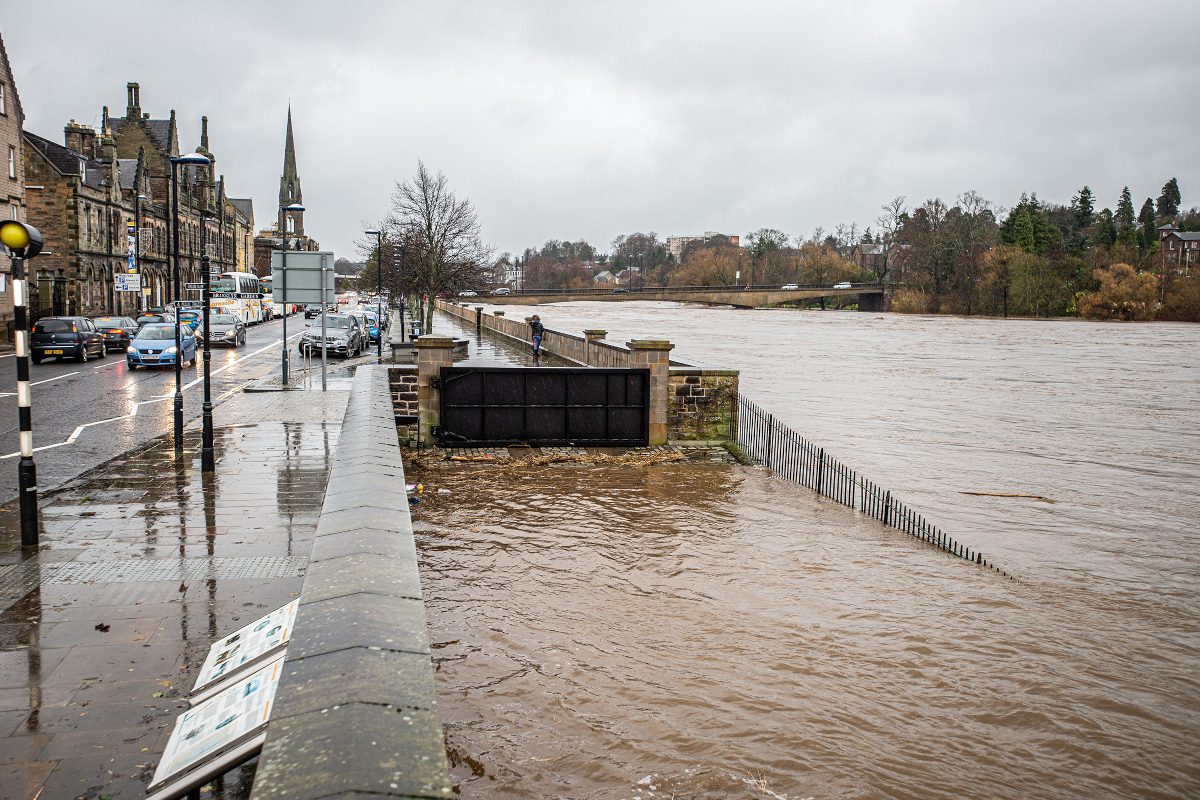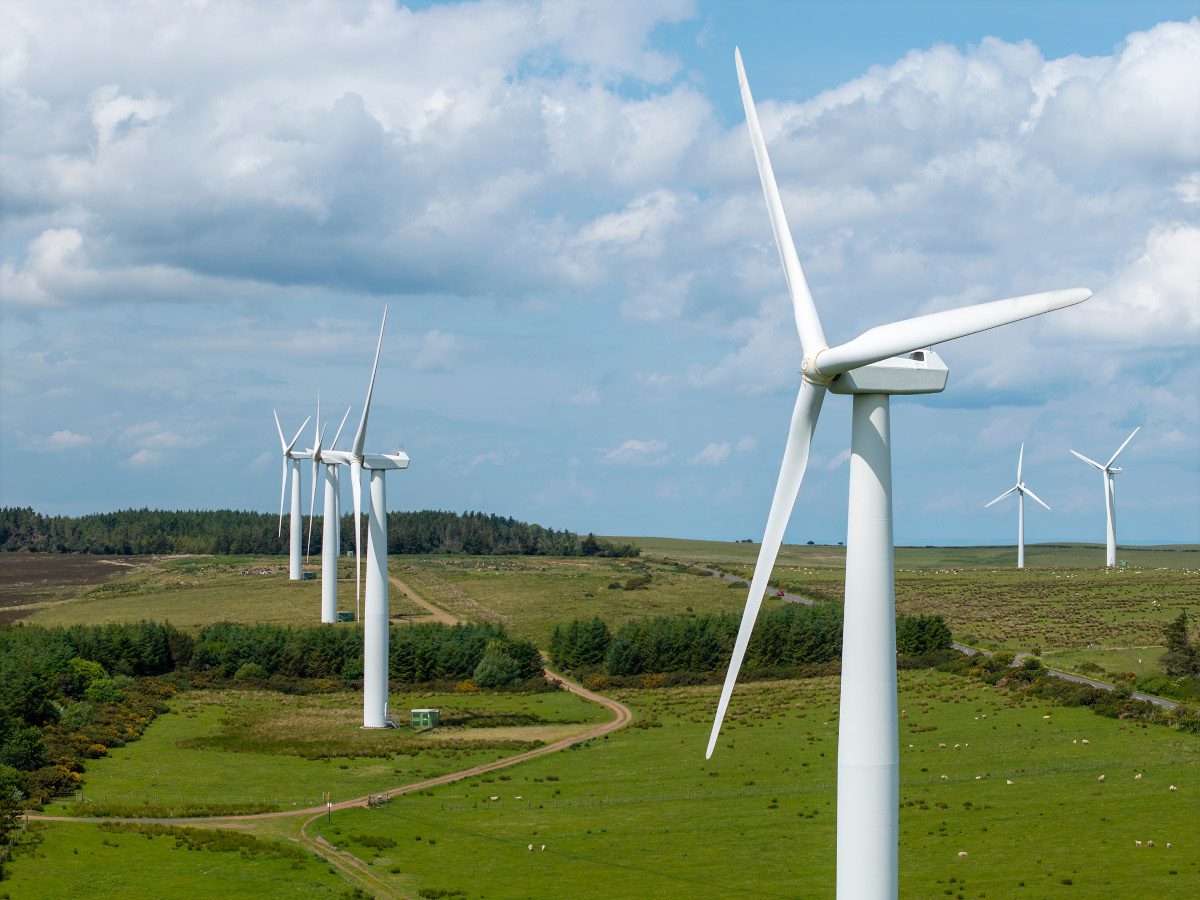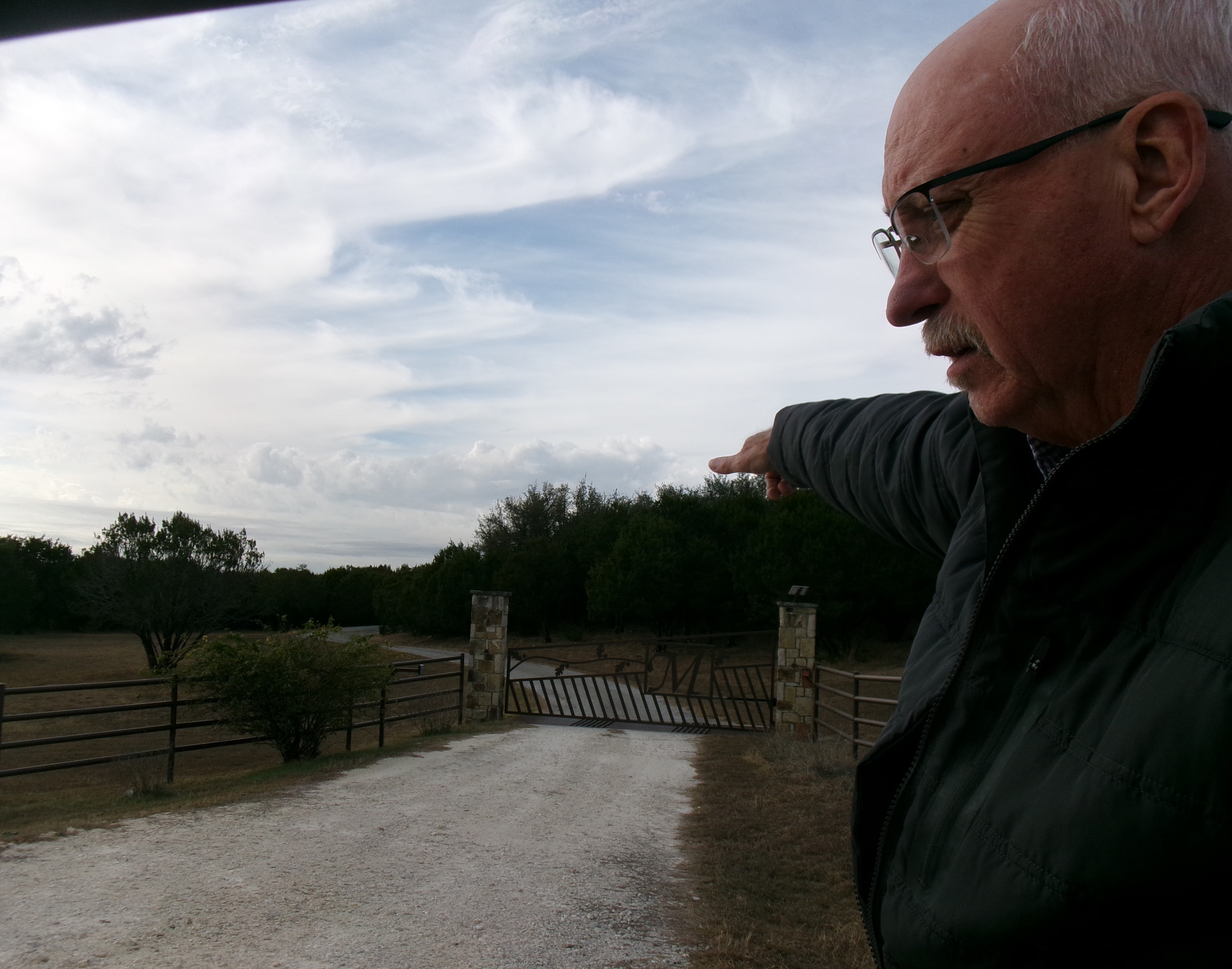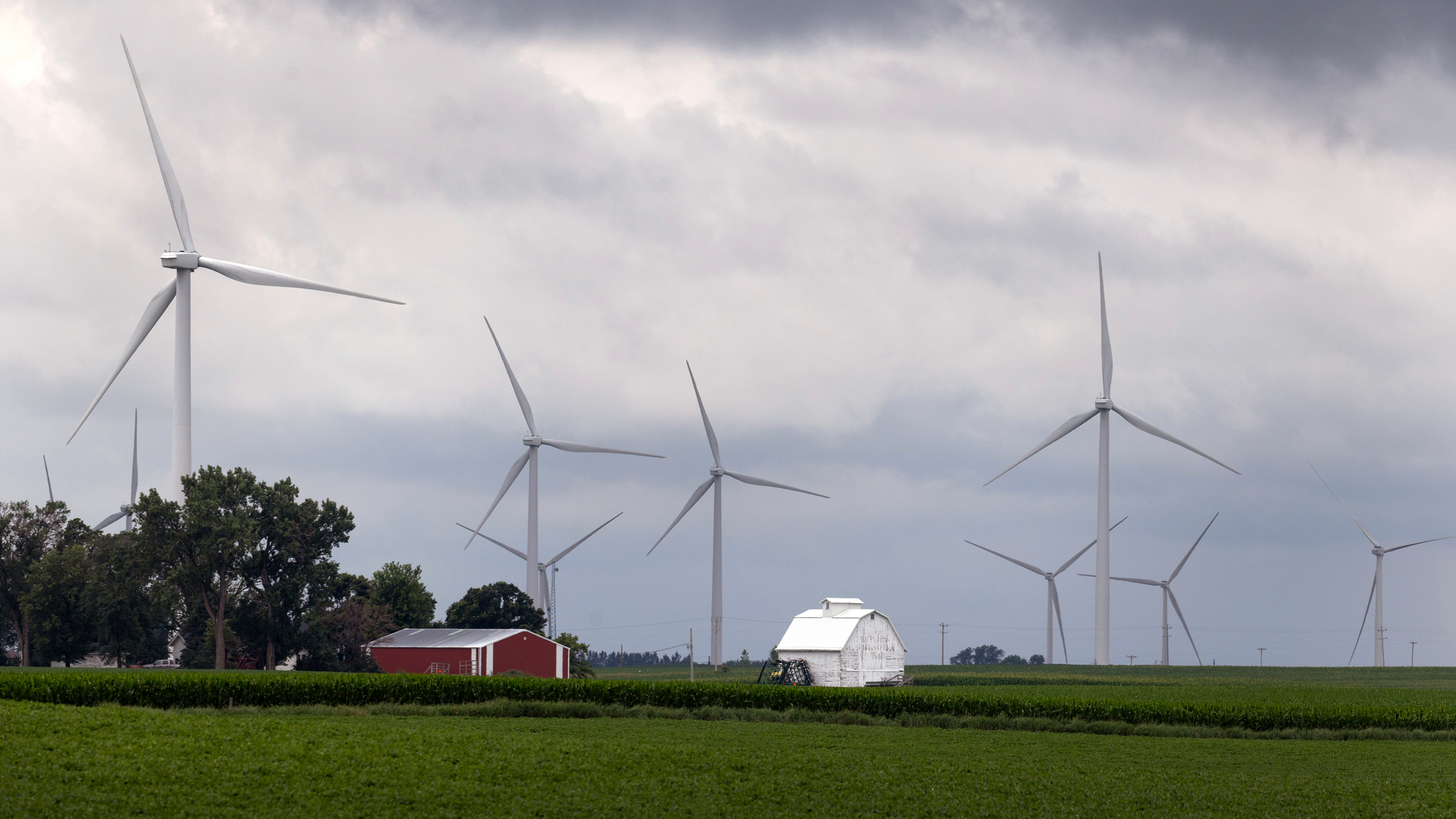Public health advocates assessing Josh Shapiro’s first two years as Pennsylvania’s governor concluded that he hasn’t done enough to protect residents from the damaging effects of hydraulic fracturing for natural gas—despite charting a roadmap for such actions almost five years ago while he was attorney general.
Environmental Health Project (EHP), a Pittsburgh-based nonprofit, said Shapiro has not lived up to promises he made when he released a 2020 grand jury report with eight recommendations for reducing the risks to Pennsylvanians living in one of the country’s most intensely fracked regions. That report had raised residents’ hopes that the state would finally address their longstanding concerns, backed by academic research, that air and water pollution from the industry is harming public health.
Instead, the Democratic governor has allowed the industry to continue to conceal the identity of chemicals used in fracking if companies deem them trade secrets, and has not pushed state lawmakers to pass bills that would help protect the public from fracking, EHP said in a white paper it released Tuesday. In early 2024, the administration began requiring fracking companies to disclose chemical-use plans to regulators but allowed them to withhold from the public the names of chemicals that they deem proprietary.
We’re hiring!
Please take a look at the new openings in our newsroom.
See jobs
“Residents impacted by the vast network of shale gas infrastructure such as wells, compressor stations, processing plants, pipelines, and truck traffic had every reason to expect that Gov. Shapiro and his administration, once in office, would make progress to defend their health from sources of pollution,” the nonprofit said in the 56-page report.
“Two years later, residents are still waiting for meaningful action. Our assessment concludes that the Shapiro Administration has not fulfilled the commitments the governor made to Pennsylvanians in general and to frontline communities in particular,” it said.
Shapiro’s office declined to respond to the EHP report specifically, saying only that the governor “remains focused on addressing climate change, reducing emissions, and safeguarding public health while creating jobs and protecting consumers. The Shapiro Administration is taking action every day to preserve and protect our environment and defend Pennsylvanians’ Constitutional right to clean air and pure water.”
Since the mid-2000s, when the industry began to use fracking technology to extract Pennsylvania’s vast reserves of natural gas from its shale beds, it has faced accusations of polluting groundwater with toxic chemicals, hurting air quality with diesel and other harmful emissions and damaging the climate by releasing a potent greenhouse gas—methane, the main component of natural gas.
The state now produces more natural gas than any U.S. state other than Texas. As of December 2024, Pennsylvania had 11,591 producing gas wells on 3,927 well pads, according to the Marcellus Shale Coalition, an industry group. It said 36 of the state’s 67 counties had at least one producing well.
Some residents who live near well pads, especially in natural gas hotspots like Southwest and Northeast Pennsylvania, say companies have industrialized previously rural neighborhoods with round-the-clock operations and incessant truck traffic. Affected residents also say they haven’t had much support from state regulators when they report health problems and other concerns.
The Marcellus Shale Coalition, which represents Pennsylvania’s natural gas industry, denied that fracking endangers public health. “Science and real-world experience prove natural gas is safe – and even improves public health. Yet extreme activists twist data to push an anti-energy agenda and will never be satisfied. Despite these efforts, Pennsylvanians can trust that state leaders and the DEP, working with industry experts, have established strong regulations that put community health and safety first,” said the trade group’s spokesman, Patrick Henderson, in a statement.
The health harms of exposure to fracking, the new report said, include respiratory problems, such as asthma, chronic bronchitis and reduced lung function; skin and eye irritation; headaches, dizziness and nausea; hospitalization from heart-related complications; cancer, particularly in those who are exposed over a long period of time; adverse birth outcomes, including preterm birth, low birth weight and birth defects; mental health issues from noise, vibration and light pollution from shale gas industry activity; and premature death in the elderly.
Some 1.5 million Pennsylvanians live within half a mile of a natural gas well pad, some of them a few hundred feet away, and “millions more” live half a mile or less from other infrastructure, such as pipelines or compressor stations, the report said.
Health problems can also be worsened by climate-change effects produced by increased heat, storms, floods or insect-borne diseases, the report noted.
More than 30 peer-reviewed epidemiological studies have shown an association between fracking and public health harms, while hundreds of other investigations and individual accounts have shown that shale gas development is correlated with poor health outcomes, EHP said. Some 2,300 studies and reports from around the world are included in the latest edition of a “compendium” assembled by Physicians for Social Responsibility and Concerned Health Professionals of New York, which they say paint a clear picture that fracking can’t be done safely.
But Pennsylvania lawmakers and state officials haven’t done enough to protect public health from fracking despite what advocates like EHP say is conclusive evidence that the industry has negative health effects.
“A chasm exists between the reliable health research that has been conducted on the subject of shale gas development and the policies or initiatives that Pennsylvania’s government has promoted over the years,” the report said. “Yet, policymakers have consistently justified inaction by citing a lack of sufficient knowledge about health impacts.”
Indeed, the grand-jury report noted this problem nearly five years ago and said that uncertainty was not a valid reason to delay better protections. “The risks of this new industry should fall on the industry and the regulatory agencies, not on the public,” the report said.
On March 25, Democrats won a special election for a House seat in western Pennsylvania, giving them a one-seat majority in the chamber. The state’s Senate remains Republican-controlled despite a Democratic victory in that chamber too, on the same day. That limits Shapiro’s ability to get bills through the General Assembly, but EHP said he could still “publicly engage legislators and urge passage of bills that protect residents.”
EHP said in its assessment of the governor that Shapiro has made some progress in protecting public health from fracking. It cited his moves to cap some abandoned oil and gas wells—albeit a small portion of the total, estimated at 27,000 at least. The report also welcomed the governor’s increased funding for the Department of Environmental Protection to improve its enforcement of oil and gas rules and its testing for PFAS “forever chemicals.”

But it rejected claims from Shapiro’s press office that Pennsylvania has made significant progress toward the eight fracking-related goals set in the report from the grand jury he convened. “Any such implication is false,” it said. “While the administration has made minor progress on a few of the recommendations, none of them has yet been fully addressed, and some have not been addressed at all.”
The grand jury report accused the state Department of Environmental Protection and the Department of Health of failing to protect residents from the effects of fracking. As attorney general, Shapiro spoke then of a “profound gap” between Pennsylvanians’ constitutional right to clean air and water and the realities faced by people who live near fracking operations.
EHP’s new report also criticized Shapiro for the agreement he struck in November 2023 with one fracking company, CNX. He said the pact heralded a new era of transparency for the natural gas industry, but EHP noted that it placed few new requirements on the company or its peers.
For instance, the CNX agreement included a voluntary 100-foot increase in the legally required 500-foot distance between a new well pad and a home. That’s well short of a 2,500-foot setback from homes recommended in the grand jury report, which also called for a 5,000-foot setback from schools and hospitals.
When he announced it, Shapiro referenced the grand jury report and said the agreement with CNX was delivering on his promise to protect public health.
“For the governor to imply that the CNX deal meets the setback standards outlined in the Grand Jury Report is patently false and disingenuous to frontline communities that were hoping for stronger protections,” the report said.
EHP also accused Shapiro of failing to control emissions from the new Shell ethane-cracker plant near Pittsburgh, despite its many violations of air rules since opening in 2022. And it said the governor has failed to publicly recognize health risks posed by the planned ARCH2 hydrogen hub, which would produce, distribute and consume hydrogen as a decarbonization fuel in western Pennsylvania, Ohio and West Virginia.
Although the federally backed hub is designed to provide clean fuel for hard-to-decarbonize sectors such as long-haul trucking, it would boost methane emissions and worsen climate change by burning natural gas to create so-called blue hydrogen, the report said. The resulting carbon would be buried in underground caverns in a process called carbon capture utilization and storage (CCUS).
“Blue hydrogen, including its CCUS aspect, is a false climate solution plagued with issues throughout its life cycle,” the report said. “Federal and state funding for blue hydrogen projects in ARCH2 will only lead to more shale gas production in Appalachia and beyond. Continued reliance on fossil fuels will continue to raise the risk of disasters that could impact the world and the health of its people.”
EHP called on the Shapiro administration to increase setback distances from shale gas infrastructure, publicly disclose all chemicals used in shale gas development and develop a comprehensive health plan for preventing fossil fuel pollution exposure.
It argued that no more proof is needed that fracking harms public health, and urged state leaders to act on that.
“Pennsylvania is not in the position to wait for more information and ‘one more study’ before acting,” EHP said. “Additional well-constructed, unbiased, independent studies, if and when they are conducted, will undoubtedly add more reliable information to the existing body of public health knowledge, but their absence should not preclude immediate action to protect residents of the Commonwealth.”
About This Story
Perhaps you noticed: This story, like all the news we publish, is free to read. That’s because Inside Climate News is a 501c3 nonprofit organization. We do not charge a subscription fee, lock our news behind a paywall, or clutter our website with ads. We make our news on climate and the environment freely available to you and anyone who wants it.
That’s not all. We also share our news for free with scores of other media organizations around the country. Many of them can’t afford to do environmental journalism of their own. We’ve built bureaus from coast to coast to report local stories, collaborate with local newsrooms and co-publish articles so that this vital work is shared as widely as possible.
Two of us launched ICN in 2007. Six years later we earned a Pulitzer Prize for National Reporting, and now we run the oldest and largest dedicated climate newsroom in the nation. We tell the story in all its complexity. We hold polluters accountable. We expose environmental injustice. We debunk misinformation. We scrutinize solutions and inspire action.
Donations from readers like you fund every aspect of what we do. If you don’t already, will you support our ongoing work, our reporting on the biggest crisis facing our planet, and help us reach even more readers in more places?
Please take a moment to make a tax-deductible donation. Every one of them makes a difference.
Thank you,



